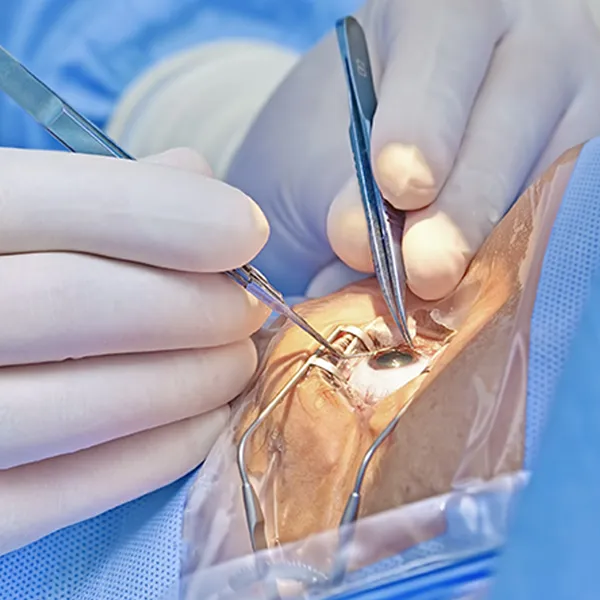
Phacoemulsification Surgery in Chandigarh for Cataract Treatment
Look no further than Drishti Eye Hospital Panchkula for your Phaco cataract surgery needs in Chandigarh. Our experienced doctors are well-versed in Phacoemulsification for cataract removal, providing you with exceptional care every step of the way.
Call to ask any question +91-708-7219008

Dr. Ashok Gupta
(Chairman and founder)Phacoemulsification
Phacoemulsification is the emulsification or liquefaction of the eye’s natural lens, and it is derived from the Greek word “phakos” for lens. It is the most recent cataract surgery approach, utilizing cutting-edge technologies to ensure a safe and effective surgical operation.
This innovative surgical approach has transformed cataract surgery, allowing for safer, faster, and more precise surgeries. Phacoemulsification uses a tiny ultrasonic probe to break up the hazy lens (cataract) into little fragments. These particles are then gently suctioned out, leaving a clean region within the eye.
Kelman introduced phacoemulsification in 1967, and it revolutionized cataract management and visual rehabilitation in the following years. Cataract surgery procedures and outcomes have evolved dramatically over the last few decades, with smaller incisions and foldable lenses becoming the norm rather than the exception.
Moreover, most cataract procedures in the world now use this surgical approach, which has great visual outcomes, and patient safety.
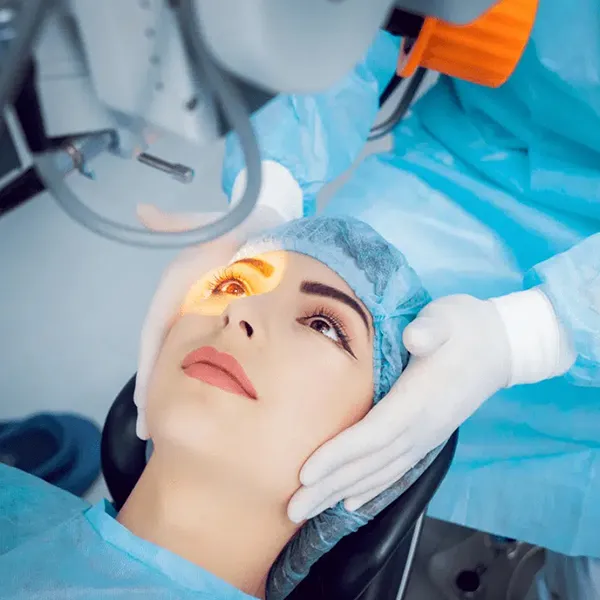
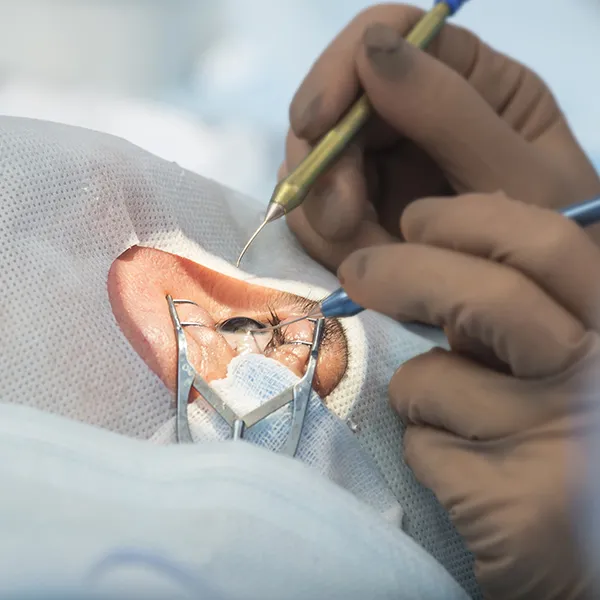
Phacoemulsification Surgery Overview
To explain phacoemulsification in simple terms, let’s first talk about cataracts and how cataract surgery works.
A cataract is a clouding of the lens of the eye, a clear, oval-shaped structure behind the pupil. During cataract surgery, the surgeon removes this cloudy lens and replaces it with a new artificial lens.
Now, phacoemulsification is a technique used in this surgery to remove the cloudy lens.
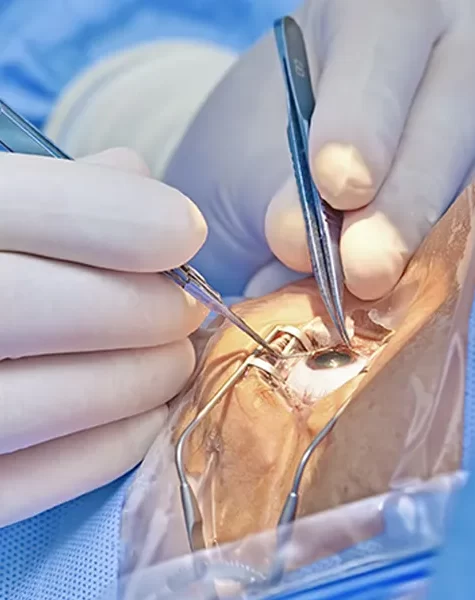
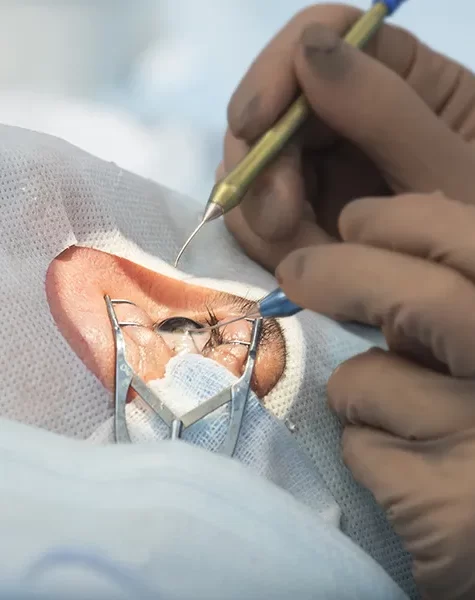
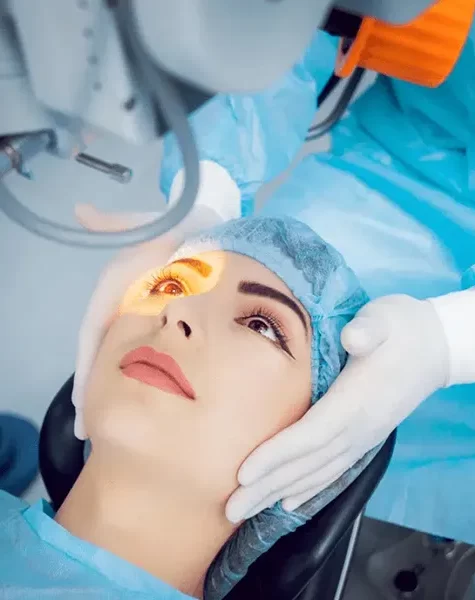
Advantages of Phacoemulsification Surgery at Our Hospital
Treatment: Phaco Surgery Procedure
Why Choose Drishti Eye Hospital
FAQs
Phaco eye surgery, like any medical procedure, carries potential risks. These may include:
1. Posterior capsular rupture
2. Vitreous loss
3. Dropped nucleus or nuclear fragments
4. Retinal detachment
If Surgery is done by an experienced surgeon, then we could negate the above-mentioned Risk factors.
Moreover, case selection also plays an important role.

